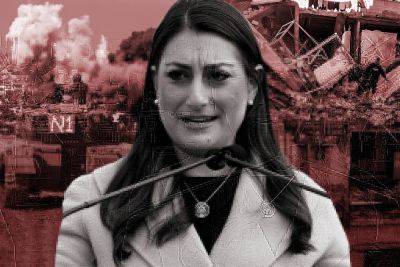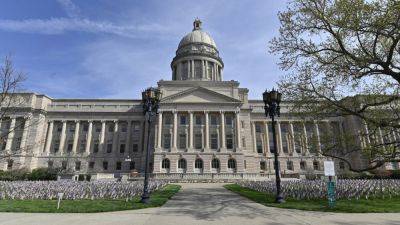Western Canada and the North face an above average wildfire risk in June, federal officials say
Western Canada and the North are expected to face an above-average fire risk in June, federal officials say.
While British Columbia and Alberta experienced favourable spring conditions that led to fewer wildfires and evacuations, officials warned the situation could change rapidly. They added the wildfire outlook is expected to worsen in the summer.
Julienne Morissette, director of wildland policy research and operations at Natural Resources Canada, said the wildfire situation nationally is at «normal levels for this time of year.»
Morissette said rainfall in many provinces has suppressed many wildfires — but that could change.
«Although the current overall conditions are at normal levels for this time of year, the risk of damaging wildfires remains significant, driven by warm temperatures and drought,» she told reporters during Thursday's 2024 wildfire season update.
She said Saskatchewan, Alberta and British Columbia face a «higher risk» of wildfires in May.
«I happen to be sitting in Alberta and the situation does look quite different. It is a bit cooler,» Morissette said. «The snow melt has been later. There is quite a bit of precipitation more recently in Alberta.
»All that to say, while it looks more positive, we're under the effects of significant drought."
Canada has 87 active wildfires burning, with six out of control and the rest being held or under control. Most of the active wildfires are in Alberta, B.C. and Manitoba. So far this year, 1.47 million hectares have burned.
Morissette said spring is a critical period for fire activity, particularly in the boreal forest, where tree species like aspen, poplar and birch are more vulnerable to ignition because they haven't fully sprouted leaves.
While these wildfires tend to







